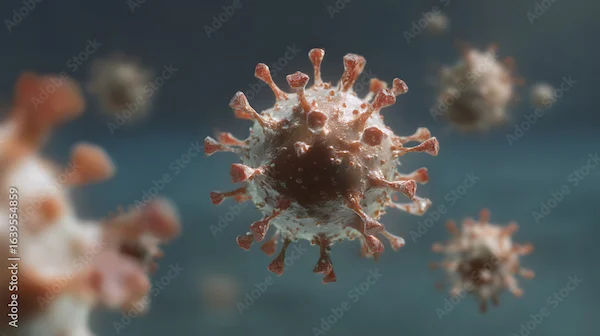- female
- 45 Years
- 07/02/2025
I'm really worried about my mother. She's had this swelling on her neck for about four months now, and while it doesn't hurt or irritate her, it's gotten bigger. We've done a bunch of tests, including something called an FNAC, and found out it's a gland from TB. Shes been on TB treatment for three months, but she's started feeling pain because now there's pus in that node. The doctor has already removed the pus twice this month, but the swelling doesn't seem to be getting any better, and now she has a fever that goes up to between 100 and 101 in the evening. Plus, she's lost her appetite and only manages to eat 1 or 2 chapatis per meal. I'm starting to wonder if she might need surgery to get rid of the pus completely. If that's the case, what kind of procedure would it involve?
Answered by 1 Apollo Doctors
take food with increased protein and increase the multuvitamin content
Dr. Shubham Suggests...
Consult a Infectious Disease specialist
Answered 04/07/2025
0
0

More Infectious Disease Health Queries
View allI took an HIV 1 and 2 antibodies screening and an HIV 1 and 2 p24 combo test 86 days after I was exposed. The results came back negative. Can I be sure that's conclusive at this point?
A negative HIV 1&2 antibodies and p24 combo test after 86 days (approximately 3 months) of exposure is highly suggestive of non-infection, but not conclusive. Here's why: Reasons for Caution 1. Window period: HIV antibodies may take up to 3-4 months to develop. 2. False negatives: Rare, but possible due to laboratory errors or test sensitivity. 3. Viral load: Low viral load may not trigger antibody production. Next Steps 1. Repeat testing: Schedule another HIV test 3-6 months after initial exposure.
Answered by 1 Apollo Doctors
I'm trying to understand these test results better. It says "Salmonella typhi O TO Reactive up to Titre 140" and "Salmonella typhi H TH Reactive up to Titre 1160." Then there's "Salmonella paratyphi A H AH Reactive up to Titre 180," but "Salmonella paratyphi B H BH Non Reactive." Should I be worried about these numbers? What's the difference between my typhi and paratyphi results? Any advice on what these mean for my health? I'm kind of concerned about what I should do next.
mild typhoid no need to worry
Answered by 1 Apollo Doctors
I got my rabies shots around 8 months ago, but Im running late for the booster. A dog scratched my finger, but it's still healthy and living. Im worried about whether it's too late to get the rabies vaccine now. I read somewhere that as long as symptoms haven't started, it's not too late. Is that true? What should I do?
Yes there is no perticular time limit,better to get vaccinated as soon as possible
Answered by 1 Apollo Doctors
Disclaimer: Answers on Apollo 247 are not intended to replace your doctor advice. Always seek help of a professional doctor in case of an medical emergency or ailment.





